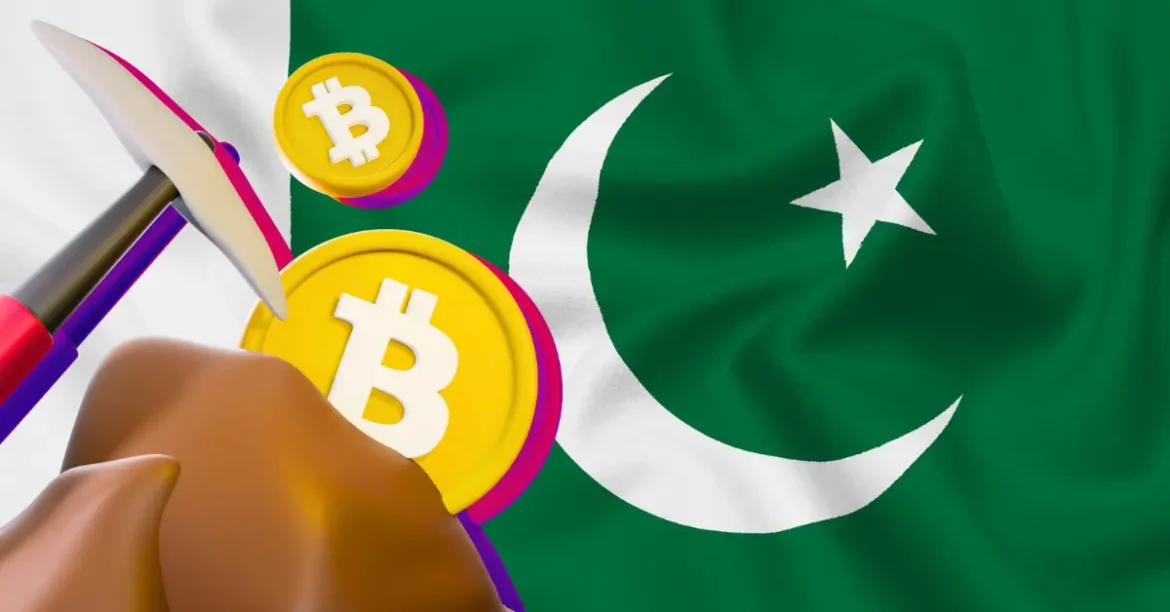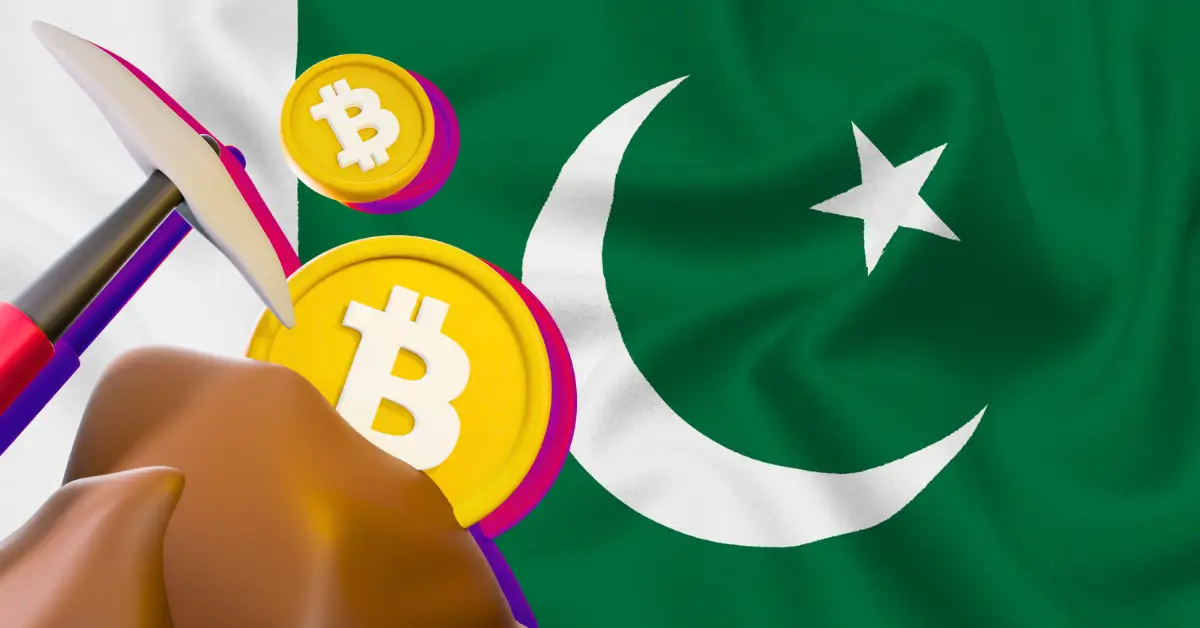The recent surge of media reports and geopolitical narratives surrounding the intersection of cryptocurrency, international diplomacy, and elite political connections reveals a complex web of strategic motives, potential conflicts of interest, and the delicate balance of power in South Asia. At the heart of these discussions lies the intriguing question: Are these crypto deals and diplomatic moves genuine efforts toward peace or sophisticated profit plays designed to benefit specific interests, particularly those tied to influential families such as Trump’s?
Unpacking the Crypto Deal with Pakistan and the Trump Connection
Central to this conversation is Pakistan’s recent signing of a cryptocurrency deal with World Liberty Financial (WLF)—a DeFi firm where the Trump family reportedly holds approximately 60% ownership. The timing of this deal raises eyebrows because it closely follows renewed peace negotiations between India and Pakistan, which have historically been fraught with tension and military skirmishes. Reports suggest this deal aims to position Pakistan as a burgeoning hub for cryptocurrency activity, potentially attracting investment and positioning the nation in the global digital economy.
However, the ownership stake of the Trump family in WLF casts a shadow over the motives behind the deal. The proximity in timing between the crypto agreement and diplomatic negotiations invites speculation that the transaction could be more than a commercial venture; it might serve as a diplomatic tool, a hidden leverage, or a profit-driven maneuver exemplifying the intertwining of geopolitics and elite financial interests.
The Politics of Crypto in Diplomatic Contexts
The geopolitical implications are multifaceted. Few prior initiatives have intertwined cryptocurrency’s opaque and fast-evolving landscape with peace processes at this scale. The notion that a significant portion of a crypto firm connected to an influential political family would engage with Pakistan amidst ongoing tensions with India raises questions about intent and influence. Some analysts suggest such a move could be strategically aimed at fostering favorable diplomatic relations, subtly influencing regional dynamics, or underpinning economic alliances that transcend traditional statecraft.
The apparent synchronization of crypto deals with diplomatic breakthroughs implies a possible chess game where financial interests are intertwined with peace negotiations. These acts may serve as confidence-building measures or, alternatively, as signals of a broader strategy to sway political outcomes subtly. The fact that the deal involves a firm with direct ties to Trump is particularly notable, given his administration’s earlier attempts to position the U.S. as a neutral mediator, especially post the deadly terrorist attack at Pahalgam and subsequent military escalations.
Doubts and Skepticism from Political and Industry Voices
Critics, including some U.S. senators and analysts, have raised alarms about potential conflicts of interest. For instance, Democratic lawmakers such as Senators Elizabeth Warren and Jeff Merkley have called for investigations into the Trump family’s crypto dealings, suggesting these could influence U.S. foreign policy or international diplomatic efforts. Such scrutiny underscores the suspicion that these deals may not be purely commercial but could be motivated by personal or family financial interests masquerading as diplomatic engagement.
Further, the broader crypto industry faces a difficult balancing act — balancing burgeoning lobbying efforts, evolving regulatory landscapes, and maintaining public trust. Trump’s recent dealings have clouded these efforts, with some arguing that political ties to crypto ventures risk undermining regulatory clarity and fair market practices. At a time when the U.S. Congress is poised to vote on stablecoin legislation, the shadow of high-profile crypto ties to influential families complicates the legislative environment.
The Broader Geopolitical Context: India, Pakistan, and U.S. Mediation
The crypto deal’s timing is further complicated by ongoing regional tensions—particularly the recent ceasefire in Kashmir and the delicate dance of diplomatic mediations brokered by the U.S., often championed by Trump himself. Both India and Pakistan have exchanged accusations of violations post-ceasefire, with some speculating that economic and military strategies are being intertwined with diplomatic appearances.
US-mediated ceasefires, like the one purportedly negotiated during Trump’s tenure, often seem fragile, with many incidents of violations reported. These fragile agreements are frequently accompanied by rhetoric suggesting that outside influence—or internal elite maneuvering—may be subtly shaping the outcomes. The involvement of a crypto firm with Trump family ties in these affairs adds another layer of intrigue: Could financial interests be subtly steering regional peace efforts? Or are they merely coincidental, leveraging emerging technology sectors to boost national economic aspirations?
Implications for India and South Asian Stability
India’s response to these developments has been cautious. While some officials have dismissed claims that crypto deals with Pakistan influence diplomatic outcomes, others have expressed concern about potential financial data flow, geopolitical influence, and the long-term implications of integrating cryptocurrencies into state-sponsored strategic initiatives.
Moreover, India’s recent stance on Trump’s mediation efforts, especially regarding Kashmir, highlights a broader tension. The Indian government perceives external mediation and crypto-driven economic partnerships with skepticism, wary of foreign influence that could undermine sovereignty or amplify regional rivalries. Nevertheless, India is increasingly recognizing the potential of blockchain and crypto technologies to bolster financial inclusion and foster domestic startup growth, even amidst geopolitical turbulence.
Are These Deals Peacebuilding or Profit Motivated?
The core question remains: Is this a genuine attempt at peacebuilding, leveraging new technological frontiers, or a sophisticated profit play that uses diplomatic veneer as a cover? Evidence points to a mixture of both. While some crypto ventures may genuinely aim to create new economic opportunities for Pakistan and other emerging markets, the involvement of prominent political families suggests motives that extend beyond pure economic development.
The pattern of behavior observed in high-profile crypto deals tied to political dynasties, especially when timed amidst sensitive diplomatic negotiations, strongly hints at strategic financial movements designed to protect or enhance personal and family wealth. Such moves may influence regional stability, either intentionally or inadvertently, by creating complex layers of influence that can be exploited diplomatically.
Conclusion: Navigating the Intersection of Power, Profit, and Peace
The unfolding story of crypto deals in the geopolitics of South Asia exemplifies a broader trend where emerging financial technologies intersect with traditional power dynamics. When influential families and private firms navigate these waters, the lines between diplomacy, commerce, and strategic influence blur, raising profound questions about transparency, motivations, and the true drivers of peace.
Picture this landscape as a chessboard, with strategic pawn moves intertwined with financial gambits, all played on a geopolitical stage where the stakes involve regional stability, national interests, and personal fortunes. Whether these crypto dealings serve as catalysts for peace or as profit-driven maneuverings, their implications are significant—embedding new complexities into an already intricate regional puzzle. Constant vigilance and nuanced understanding are essential to navigate this evolving terrain, where technology and diplomacy collide in unpredictable ways.
Strategic Takeaway:
As the world witnesses the intersection of cryptocurrency, diplomacy, and elite influence, it’s imperative to scrutinize who benefits most from these transactions and what long-term consequences they portend for regional peace and stability. The alliances formed today, cloaked in the guise of economic innovation, could determine the geopolitical landscape for decades to come.





